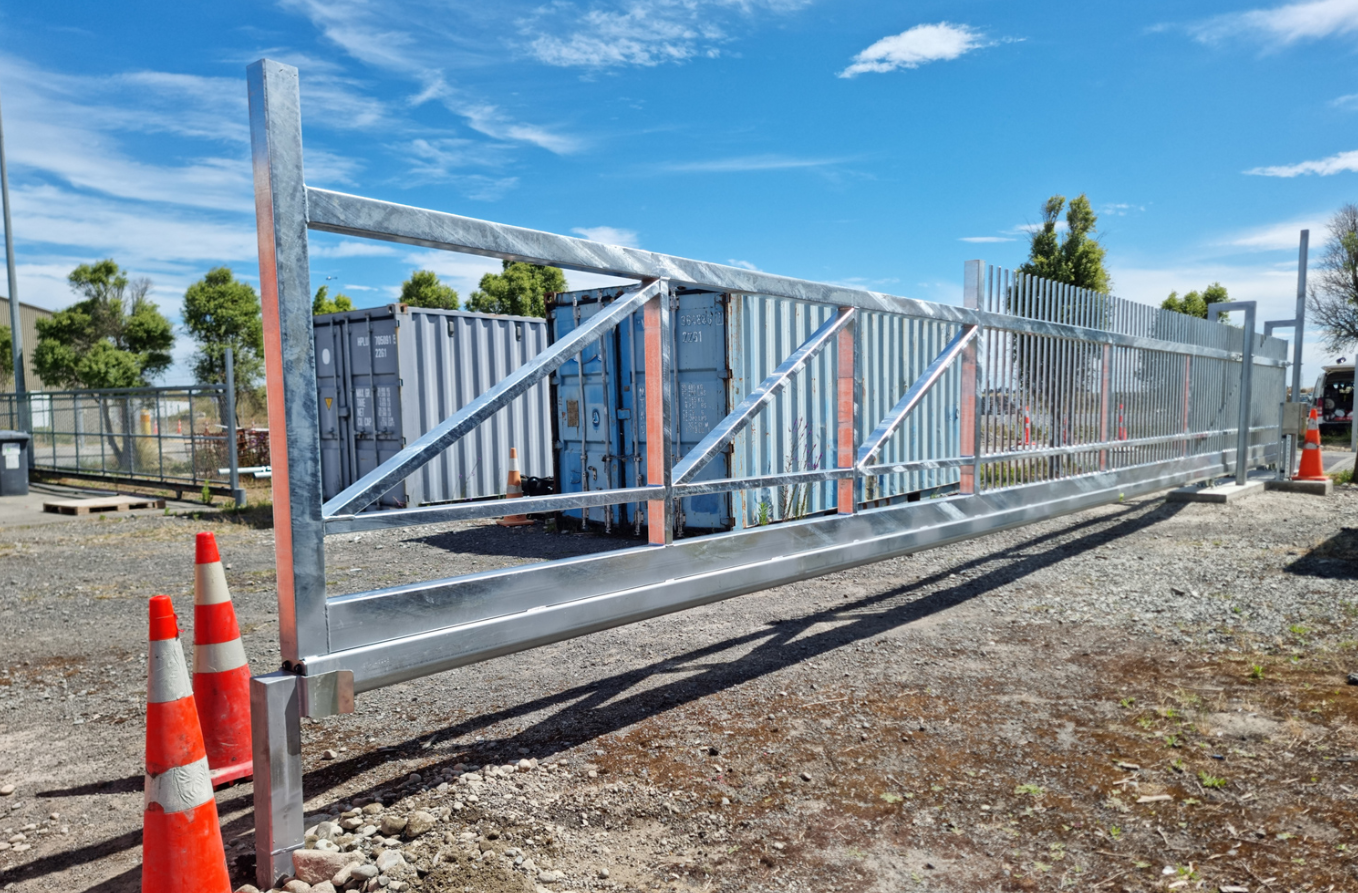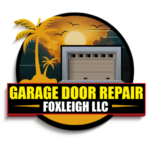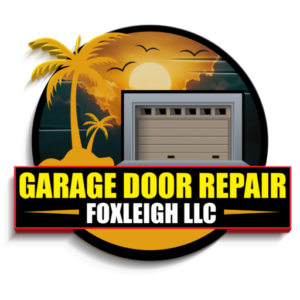
Key Considerations for Installing a Commercial Gate
When it comes to protecting your business property, a commercial gate plays a vital role in enhancing security and convenience. But before jumping into installation, it’s essential to understand the various factors that go into making the right choice. From selecting the gate type to ensuring proper maintenance and planning for commercial gate repair, we’ll cover the top considerations you need to keep in mind when installing a commercial gate for your property.
Why Choose a Commercial Gate?
A commercial gate isn’t just about enhancing your property’s curb appeal—it’s also a critical step toward better security and accessibility. Whether you’re a business owner or a property manager, a well-installed gate can:
- Help deter unauthorized access.
- Provide controlled entry for vehicles and visitors.
- Enhance the overall value and appearance of your property.
Now that you know the benefits, let’s break down the key considerations.
1. What Type of Gate is Best for You?
Sliding Gates vs. Swing Gates
When choosing a type of commercial gate, two primary options are sliding and swing gates. Both have their advantages:
- Sliding Gates: Ideal for properties with limited space, sliding gates move horizontally on tracks and are perfect for high-traffic areas.
- Swing Gates: Best suited for properties with ample driveway space, swing gates are classic in appearance and tend to require less maintenance.
Automatic vs. Manual
For maximum convenience, automatic gates equipped with sensors or remote controls offer seamless operation. However, manual gates can be a cost-effective option if your property doesn’t handle heavy traffic.
Think about your property’s layout, your budget, and how much automation matters to you.
2. Materials Matter
The material of your commercial gate impacts its durability, security, and maintenance needs. Here are the most popular options:
- Steel: Heavy-duty and highly durable, steel gates are excellent for security, though they may require anti-rust treatments to combat corrosion.
- Aluminum: Lightweight and resistant to rust, aluminum gates are low maintenance but may not offer the same level of security as steel.
- Wrought Iron: Offers a timeless design and solid security but requires regular maintenance to prevent rust.
- Wood: Aesthetic and customizable, but may be better for low-security environments and needs frequent upkeep.
Consider the climate in your area and the level of security required to choose the right material.
3. Installation and Maintenance Requirements
Professional Installation
Installing a commercial gate is no DIY job. Professional installers not only ensure correct placement and functionality, but they can also handle tasks like wiring if you choose an automated gate. A poorly installed gate could lead to malfunctions or security vulnerabilities.
Regular Maintenance
A commercial gate is an investment that requires ongoing care. Ensure gate tracks are cleaned and lubricated periodically, and check for any electrical or mechanical issues if you have an automatic gate.
Partnering with a reliable repair and maintenance company can extend the life of your gate and keep it working seamlessly.
Safeguard Your Business with a Commercial Gate
Choosing the right commercial gate for your business involves planning for security, space, and ongoing maintenance. When done right, it provides peace of mind and a professional look for your property. If you’re looking for expert advice or installation services, reach out to Garage Door Repair Foxleigh for professional support in securing your property.

